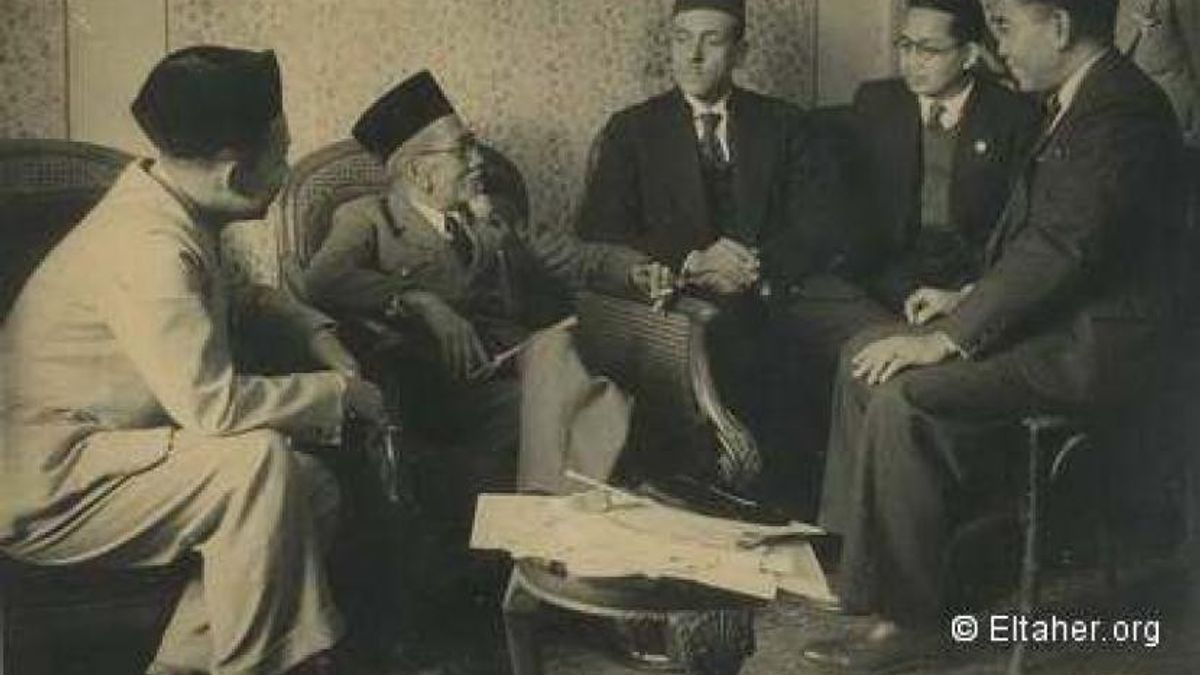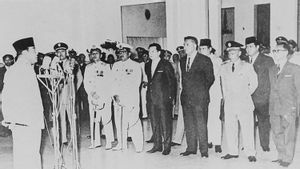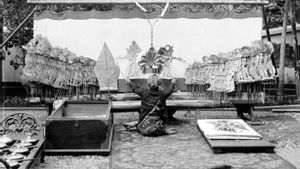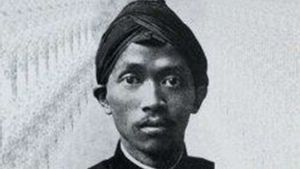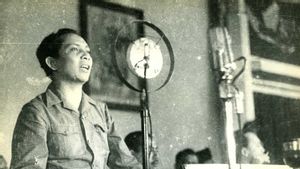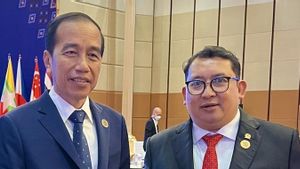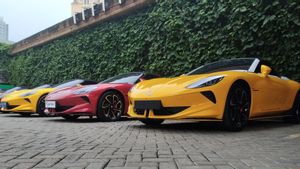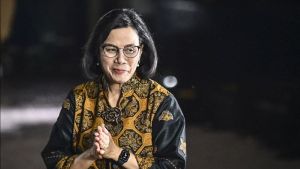JAKARTA - Today 75 years ago, March 22, 1947, Egypt became the first country to recognize Indonesia's de facto independence. This recognition was obtained by Indonesia because Egypt and Indonesia both did not like colonialism and imperialism. Even Egypt's support is proof that Indonesia's diplomatic route is more effective than the war route. Therefore, this support is able to open the door for support from other countries to support Indonesia's independence.
The proclamation of Indonesian independence is a monumental event. Indonesia was finally able to escape from the shackles of colonialism. However, this does not mean that the path of Indonesia as a new nation will be smooth. In that period, Indonesia was full of difficulties. Indonesia must defend its independence at all costs.
Even the owner of the government does not only inflame war as a teaching. They understand that Indonesia is not strong enough institutionally or military power. It was this understanding that made taking up arms never considered the spearhead of the nation's independence.

Then, the war option is juxtaposed with diplomacy. Sutan Sjahrir and Haji Agus Salim are some of the figures who inspire him. That step is not easy. Many parties do not agree. They consider diplomacy the "kemayu" way to liberate the nation.
The criticism was considered lonely by the fighters who fought for Indonesia's fate in the international world. Diplomatic struggle is still being carried out to gain world support. Moreover, the Indonesian issue could be on the agenda of the trial at the United Nations.
“Looking back to the first years of our war for independence, I am now (even though at that time as a young man I was often impatient with negotiating politics) not so sure about the attitude of my friends who adhered to 'hard ideas.' I now tend to justify the politics outlined by Bung Sjahrir at that time.”
“Just imagine with what weapons we could at that time be able to face the British and Dutch war powers, which controlled the air and sea, the new union army that emerged triumphantly from a world war? Now that we don't have to face the danger of death anymore, of course it's easy to say that 'hard-line' politics will be more effective than negotiation politics,” said Rosihan Anwar in the book Memories of Sjahrir (2013).
Egypt Opened Line
Indonesia's struggle through diplomacy is not easy. There are many challenges and obstacles faced in obtaining de jure and de facto recognition. The presence of the Netherlands and its allies closed the path of diplomacy, one of them. Indonesia did not give up until finally, Indonesia's struggle got support from other countries. The first country to express support was Egypt.
This support is not only for religious reasons but also because Indonesia and Egypt both do not like colonialism and imperialism on earth. The support from Egypt paved the way for other Arab league countries to support Indonesia: Iraq, Lebanon, Syria, Yemen, Jordan, and Saudi Arabia.

"On March 22, 1947, Egypt recognized the de facto independence of the Republic of Indonesia. As an effort to support Indonesian independence, in Egypt a Committee for Defending Indonesian Independence was immediately formed, consisting of Egyptian, Arab and Islamic figures, chaired by General Saleh Harb Pasya with members including the leader of the Muslim Brotherhood, Sheikh Hasan Al-Banna."
"The Egyptian government is also willing to bear the economic life of Indonesian citizens in Egypt every month in exchange for the debt decided by the Dutch embassy at that time. The Egyptian government is generous to Indonesian diplomats and students to celebrate the first national independence day in Egypt, by using the Radio Cairo funnel to sing the Indonesia Raya anthem," concluded Yudi Latif in the book Springs of Exemplary: Pancasila in Action (2014).
*Read other information about TODAY'S HISTORY or read other interesting articles from Detha Arya Tifada.
SEE ALSO:
The English, Chinese, Japanese, Arabic, and French versions are automatically generated by the AI. So there may still be inaccuracies in translating, please always see Indonesian as our main language. (system supported by DigitalSiber.id)
